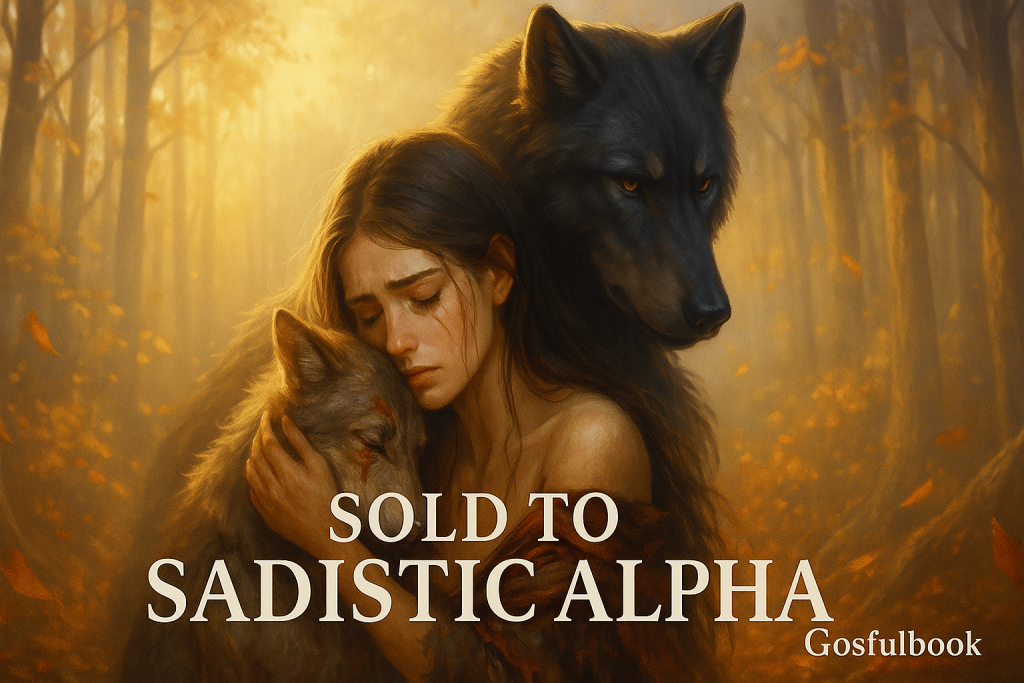Chapter 19
The first arrow came just before sunrise.
It embedded itself into the watchtower post with a sharp thunk—a message. Not a warning. A challenge.
By the time the sun breached the horizon, we saw them.
Dark figures moving through the tree line, their armor glinting with the faintest light, their formation tight and practiced. At least forty. Maybe more. This wasn’t a desperate last stand by Radek’s leftovers.
This was a well-organized strike.
He joined me on the hill overlooking the village. His jaw clenched, eyes scanning every movement like a hawk.
“They waited,” he muttered. “Watched us. They know where we’re strongest. And where we’re not.”
I swallowed hard. “But they don’t know who we are.”
He turned to me, and for a second, that smirk I knew so well broke through the tension. “Damn right.”
We didn’t wait for them to come knocking. That wasn’t who we were anymore.
He gave the signal.
A low howl echoed through the valley—one I hadn’t heard since the pits. But here, it meant something different. It meant unity. Strength. The pack gathered, each wolf with a purpose. Young and old, scarred and healing.
I shifted mid-step, the change coming easier now, smoother. My wolf had grown leaner, faster. No longer weighed down by fear. I ran beside him, our paws hitting the earth in rhythm.
When the enemy crested the ridge, we were ready.
They didn’t expect resistance so fast, so organized.
They didn’t expect us to meet them there, on the edge of the woods, away from our children, away from our homes. We refused to let the battle reach them.
The clash was explosive.
Claws against steel. Teeth against flesh. The screams of war dogs mixed with the howls of wolves who no longer cowered.
I fought like I had nothing left to lose. Because I didn’t.
Every strike I delivered was for the girl they starved. Every wound I gave back was for the wolves they caged. Every enemy that fell reminded them—we weren’t survivors.
We were warriors.
He tore through their lines like a storm, fast and brutal, his wolf glowing under the morning light. He fought beside me, never once leaving my side unless it was to protect another. His roar became a signal—follow him, trust him, and we’ll make it through.
But war always has a price.
A scream tore through the air.
I turned in time to see one of the young wolves—barely sixteen—go down beneath a blade.
My blood froze.
No.
I lunged, too late to save him, but just in time to bring down the one who struck him. My teeth met bone. I didn’t stop. Couldn’t stop.
When the enemy finally retreated, dragging their wounded with them, we didn’t cheer.
We stood over the fallen—some ours, some theirs. The boy who had fallen was already gone, his eyes wide open, his body still.
I knelt beside him.
“He was brave,” I said softly. “He believed in us.”
He placed a hand on my shoulder, his voice rough. “Then we make sure this never happens again.”
We buried the fallen as the sun reached its peak. No words. Just silence, and the soft thud of earth over graves.
Later, as dusk painted the sky, I sat beside the fire, still wearing my blood-stained clothes, my hands aching from the fight.
He joined me.
“We won,” he said, but his voice didn’t carry pride.
“No,” I replied. “We survived again.”
We looked out over the village. The children were safe. The elders were safe. Most of our fighters stood tall, even if bloodied.
But we both knew this wouldn’t be the last.
“They’ll keep coming,” I said.
“Yes,” he answered. “But so will we.”
And as the stars emerged once more, I realized something—this was no longer just about survival.
This was about legacy.
We weren’t fighting just for ourselves anymore.
We were fighting for the world we were building—for the next generation who would never have to know chains.

